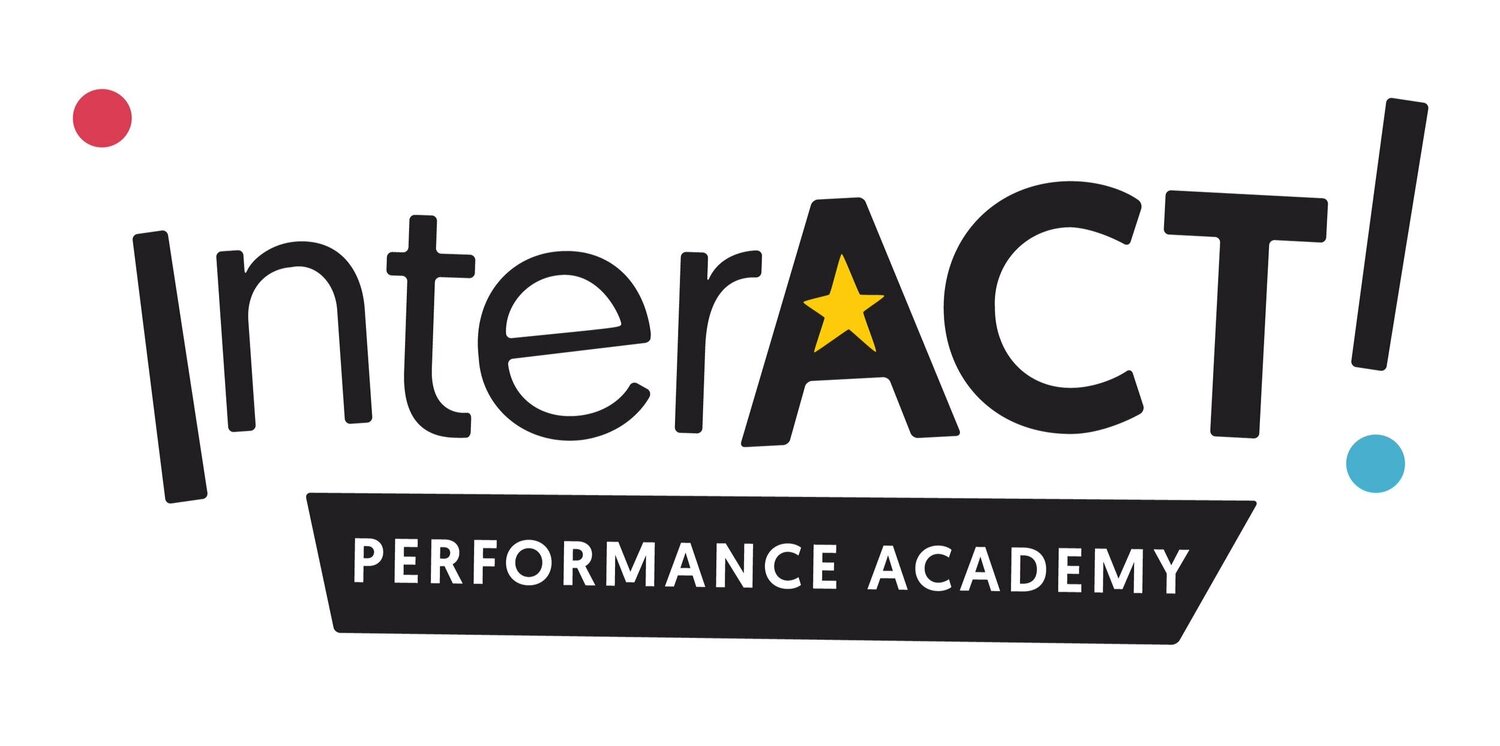Peer interACTions: How theatre classes can improve social/emotional functioning
‘‘I regard the theatre as the greatest of all art forms, the most immediate way in which a human being can share with another the sense of what it is to be a human being.’’
-Oscar Wilde
If you believe your child would benefit from trying theatre arts as a way to safely connect, take risks, build self-confidence and empathy, then try a 6-week session of our Peer interACTion class. You will complete a parent survey to express what specific skills you and your child would like to improve, but all classes will be directed as a theatre class. This is not a clinical therapy class, but a fun way to engage with others and learn specific key skills to interacting with others such as eye contact, facial expressions, implied meaning in a given situation, and problem-solving strategies. Research shows theatre arts can improve social interactions over time.
Some children with autism spectrum disorder (ASD) or severe emotional trauma at an early age find difficulty in creating and maintaining positive peer interactions. Research studies have looked at educational settings, as well as many art forms for assistance in bridging the learning for these students. Recent and ongoing studies have looked specifically into the theatre arts because, as Mr. Wilde states, it shows “what it is to be a human being.” According to “Theatre as Therapy for Children with Autism Spectrum Disorder” (2010) they looked at a non-profit called SENSE Theatre whose goal is to use “theatrical intervention research designed to improve the social and emotional functioning of children with autism and related neurodevelopmental disorders.” They found positive relationships in their research showing that having “the opportunity to dynamically engage with others in a skilled, supportive, and reciprocal manner is a key contributory element of the [SENSE] program.”
If you think about it, theatre training develops the body and voice to work together to convey meaning to a larger audience. As Brain Balance’s website states, “One of the first things that theater students learn is that "acting is reacting." Reacting requires listening, processing what another person says, and then appropriately responding.” These fundamentals are embedded into the Peer interACTion classes. In “The Use of Theatre to Develop Social and Communication Behaviors for Students with Autism Spectrum Disorders: A Preliminary Investigation (2016), they found focusing on an acting role forces the students to think about and convey how a character thinks and feels. “In this way, acting can be used to teach emotion recognition, emotion expression, nonverbal behaviors and gestures, listening skills, eye contact, conversation skills, and strategies to handle social situations.” Repetition of these skills for the inherent goal of theatre – to perform, may also carry over into every day, real world peer relationships. So, join us backstage this August for our Peer interACTion class session!
RESEARCH SOURCES:
Corbett, B.A., Gunther, J.R., Comins, D., Price, J., Ryan, N., Simon, D., & Schupp, C.W. (2010) Brief Report: Theatre as Therapy for Children with Autism Spectrum Disorder J Autism Dev Disord 41(4), 505-511.
How Theater Boosts Learning and Improves Social Skills. (2017, September). Brain Balance Achievement Centers. Retrieved June 20, 2020, from https://blog.brainbalancecenters.com/2017/09/theater-boosts-learning-improves-social-skills
Reading S., Reading J., Padgett RJ., Reading S., & Pryor P (2016) The Use of Theatre to Develop Social and Communication Behaviors for Students with Autism Spectrum Disorders: A Preliminary Investigation. J Speech Pathol Ther 1(102).
SENSE Theatre Research Program — https://vkc.mc.vanderbilt.edu/vkc/services/sense_theatre/

